Brett Kavanaugh Just Called Birth Control \201cAbortion-Inducing Drugs\201d
The statement is as troubling as it is factually incorrect.
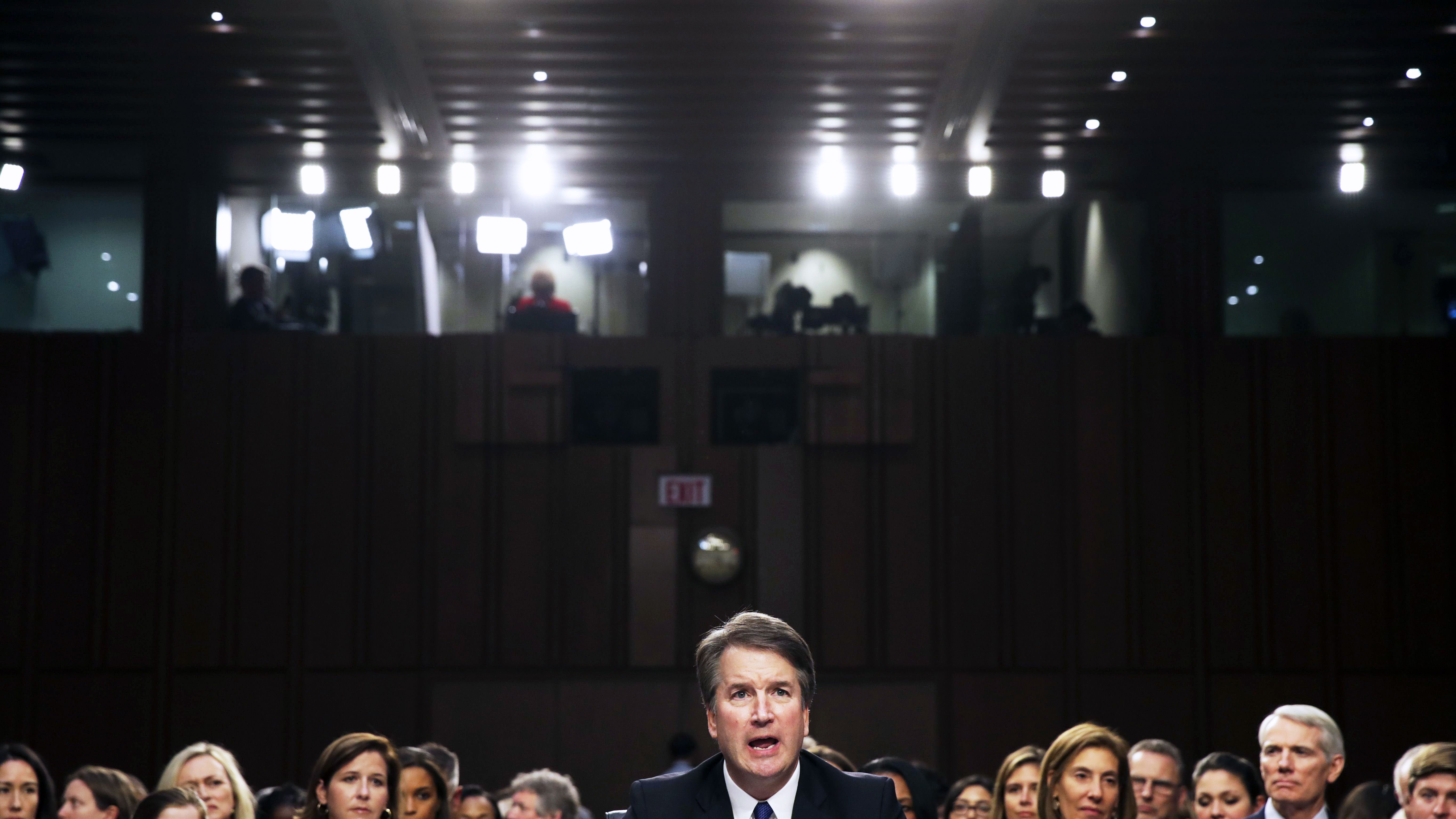
There are a whole slew of reasons why you might not want Judge Brett Kavanaugh on the Supreme Court. For example, the fact that he holds the view that presidents can't be indicted and yet was hand-selected by a president who is under special counsel investigation—a position Kavanaugh seemed to purposefully avoid answering for during this week’s hearings. Or perhaps it’s his extreme unpopularity, with some polls (like this ABC News/Washington Post one) finding more people opposed to his confirmation than for it. CNN notes that no nominee for the Supreme Court with this low an approval rating has ever been confirmed in the modern era.
Or perhaps it’s because you don’t want a 53-year-old, conservative white male to potentially cast the deciding vote on whether or not you get to make decisions about your own body. And now we can add another reason to think he’s a bad choice for the Supreme Court: In answer to a question posed by Senator Ted Cruz, Kavanaugh referred to birth control as “abortion-inducing drugs.” See the exchange here:
Of course Ted Cruz couldn't resist asking known sports lover Kavanaugh about basketball pic.twitter.com/RtYzDfb3boSeptember 6, 2018
The question is in reference to a case called Priests for Life v. U.S. Department of Health and Human Services, in which Kavanaugh wrote a dissent in favor of employers who wanted to deny their employees’ access to birth control without a co-pay. It’s kind of nitty-gritty, but here’s the line where Kavanaugh shows his real opinion on the issue of women's reproductive health: “Filling out the form would make them complicit in the provision of the abortion-inducing drugs that they were, as a religious matter, objected to.”
First of all, birth control is not an abortion-inducing drug, and it’s worrisome that the guy who could decide the future of Roe v. Wade might not understand that. Second, for all the claims from the right that fears of Kavanaugh overturning Roe are just histrionics, this is a very telling slip.
According to the Guttmacher Institute, the difference between birth control and abortion was actually laid out in an amicus brief submitted to the Supreme Court in 2013, explaining that "a contraceptive method by definition, prevents pregnancy by interfering with ovulation, fertilization, or implantation. Abortion ends an established pregnancy, after implantation." This scientific definition of pregnancy is also the legal definition, says the Institute, and has long been accepted by federal agencies, even in administrations that generally oppose abortion. Kavanaugh's apparent failure to understand this means he not only has a poor grasp of reproductive health terminology, but a poor grasp of the law that guides it. Again, this is the guy who may get the final say on Roe v. Wade.
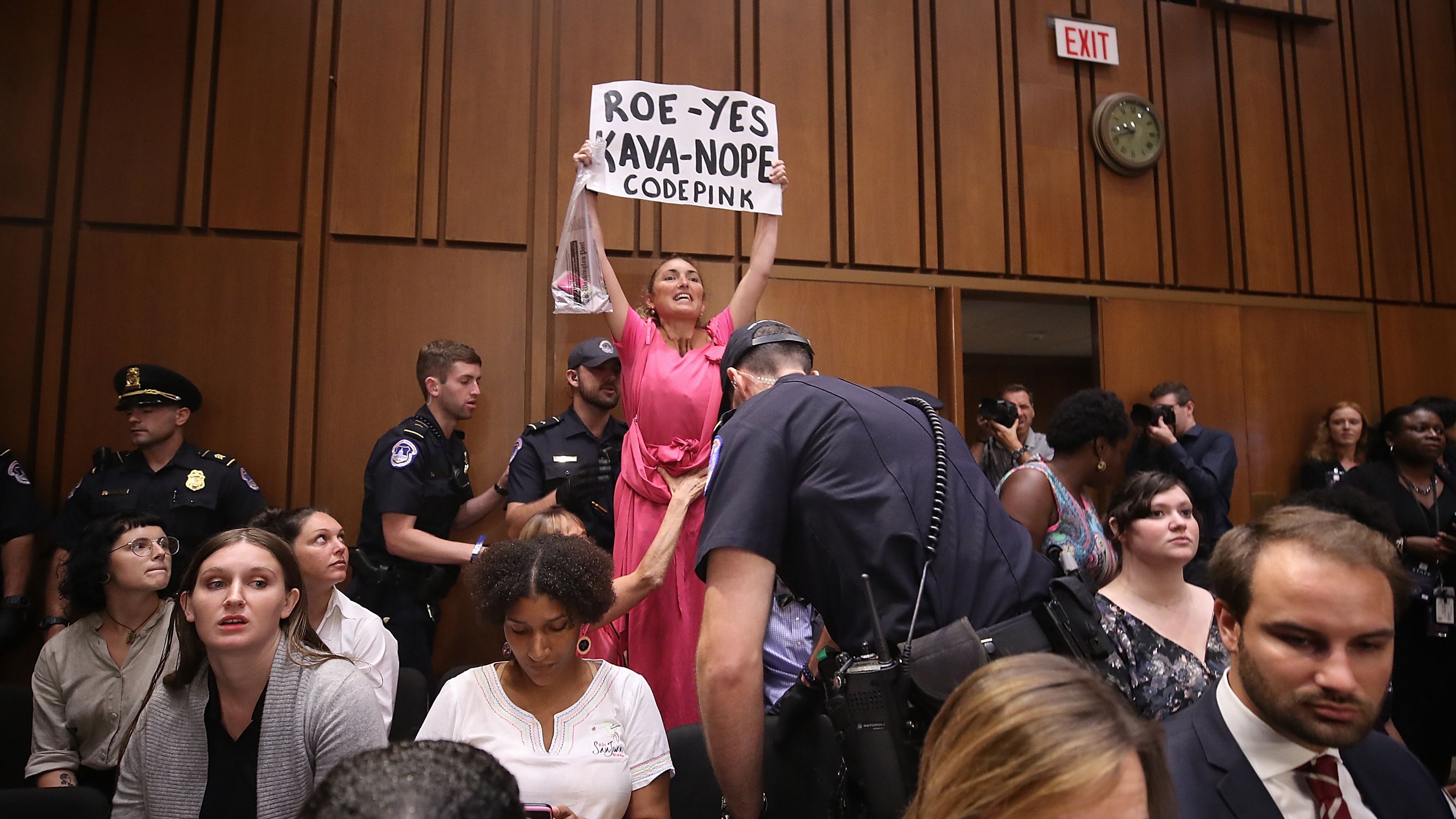
In a statement issued Thursday afternoon, Planned Parenthood Executive Vice President Dawn Laguens said as much:
If Roe v. Wade is important to you, there’s still time to stop the confirmation of Brett Kavanaugh. Most immediately, you should contact your Senator and tell them you want them to oppose Kavanaugh’s nomination. You can head over to Whip the Vote, which will not only put you in touch with your representative, but also sends you to Indivisible, which has provided handy scripts for you to read from based on whether you're represented by Democrats, Republicans, or pro-choice Republicans (as is the case for those in Alaska who are represented by Senator Lisa Murkowski, or in Maine who are represented by Senator Susan Collins).
Stay In The Know
Get exclusive access to fashion and beauty trends, hot-off-the-press celebrity news, and more.
You could also show up to a protest and make your voice heard. If you’re near the Capitol, there’s an entire SCOTUS Week of Action that you can RSVP to here.
Related Story
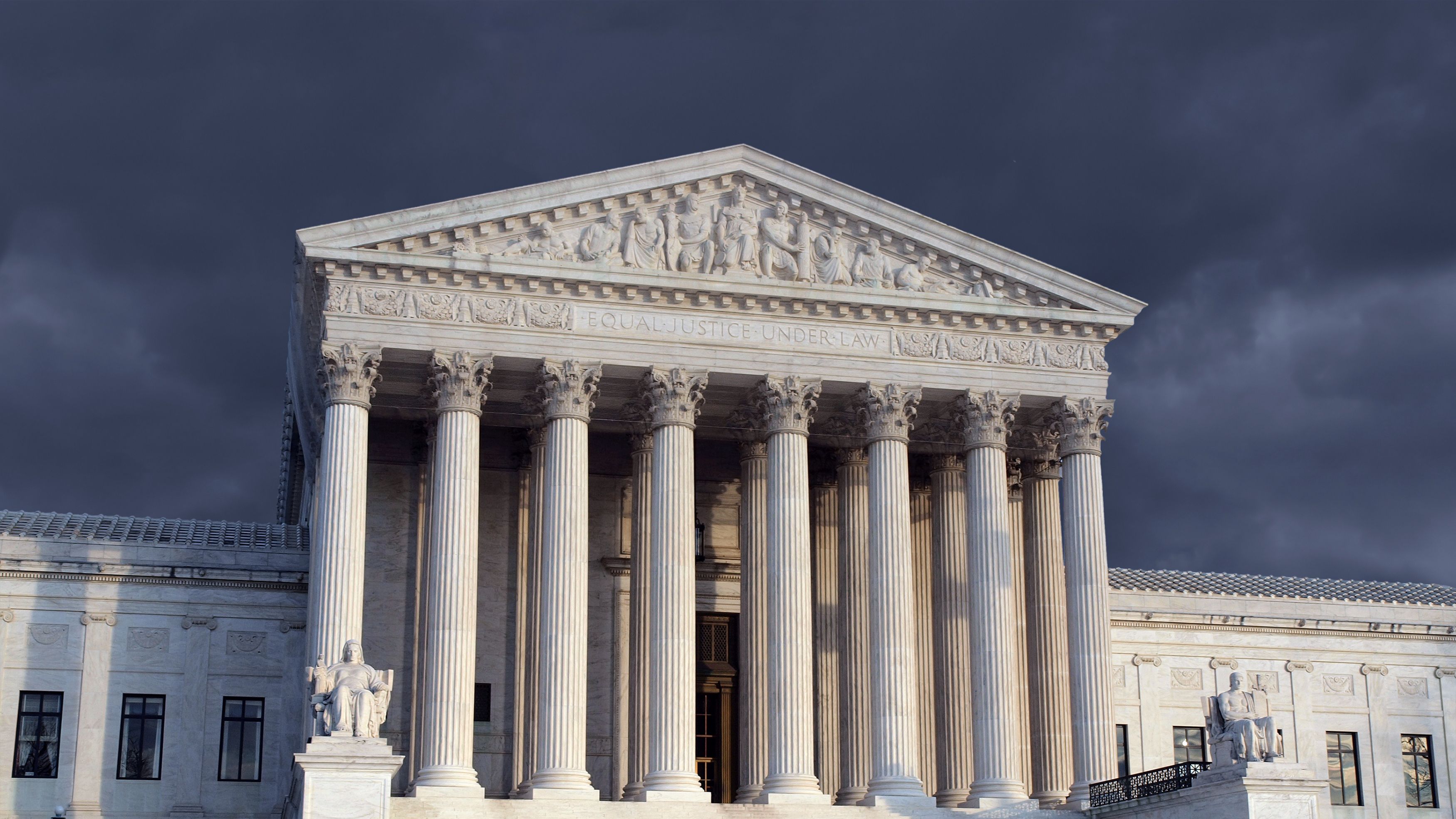
Cady has been a writer and editor in Brooklyn for about 10 years. While her earlier career focused primarily on culture and music, her stories—both those she edited and those she wrote—over the last few years have tended to focus on environmentalism, reproductive rights, and feminist issues. She primarily contributes as a freelancer journalist on these subjects while pursuing her degrees. She held staff positions working in both print and online media, at Rolling Stone and Newsweek, and continued this work as a senior editor, first at Glamour until 2018, and then at Marie Claire magazine. She received her Master's in Environmental Conservation Education at New York University in 2021, and is now working toward her JF and Environmental Law Certificate at Elisabeth Haub School of Law in White Plains.
-
 What to Know About the Cast of 'Resident Playbook,' Which Is Sure to Be Your Next Medical Drama Obsession
What to Know About the Cast of 'Resident Playbook,' Which Is Sure to Be Your Next Medical Drama ObsessionThe spinoff of the hit K-drama 'Hospital Playlist' features several young actors as first-year OB-GYN residents.
By Quinci LeGardye
-
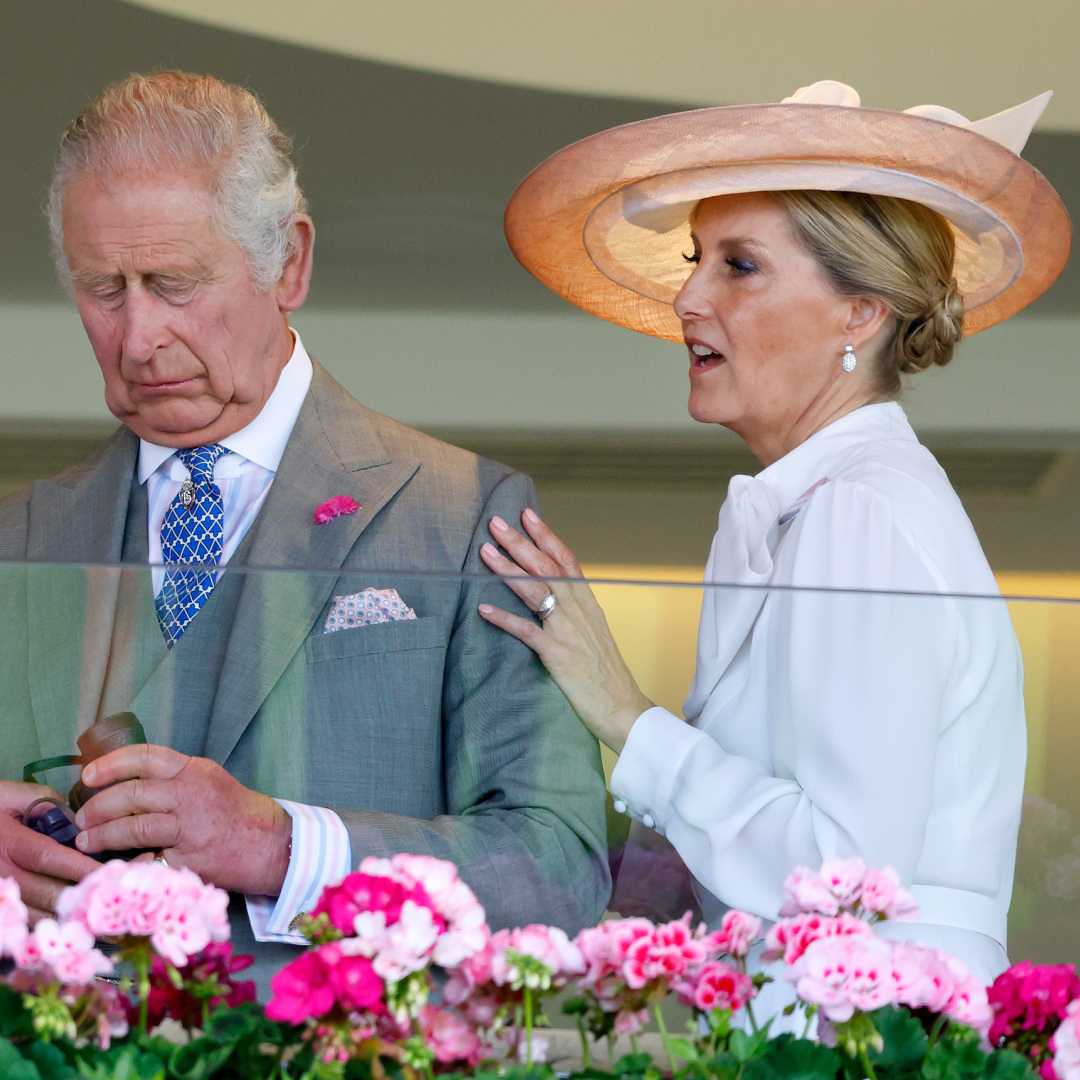 Duchess Sophie Stepped Up to Represent King Charles at Event Amid Calls for King Charles to "Slow Down"
Duchess Sophie Stepped Up to Represent King Charles at Event Amid Calls for King Charles to "Slow Down"The Duchess of Edinburgh filled in for The King at the Royal Military Academy Sandhurst.
By Kristin Contino
-
 See the Top-Scoring WNBA Draft Looks
See the Top-Scoring WNBA Draft LooksThis year's rookie class came to win.
By Halie LeSavage
-
 36 Ways Women Still Aren't Equal to Men
36 Ways Women Still Aren't Equal to MenFeatures It's just one of the many ways women still aren't equal to men.
By Brooke Knappenberger
-
 What's at Stake in the 2022 Midterm Elections
What's at Stake in the 2022 Midterm ElectionsWith abortion rights, democracy, and many more critical issues on the ballot, there’s no room for apathy this election cycle.
By Rachel Epstein
-
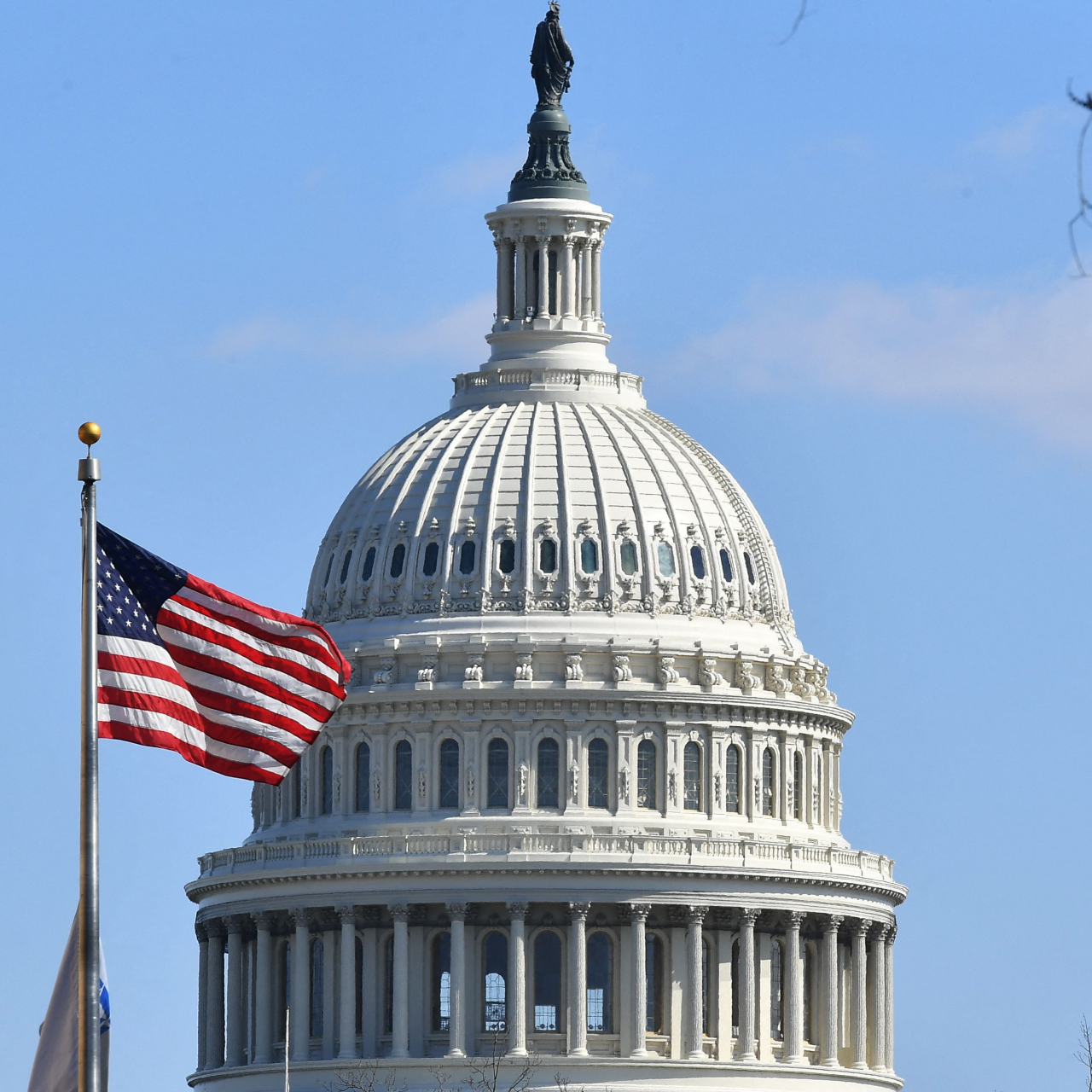 The 2022 Midterm Elections: What to Know Ahead of Election Day
The 2022 Midterm Elections: What to Know Ahead of Election DayConsider this your guide to key races, important dates, and more.
By Rachel Epstein
-
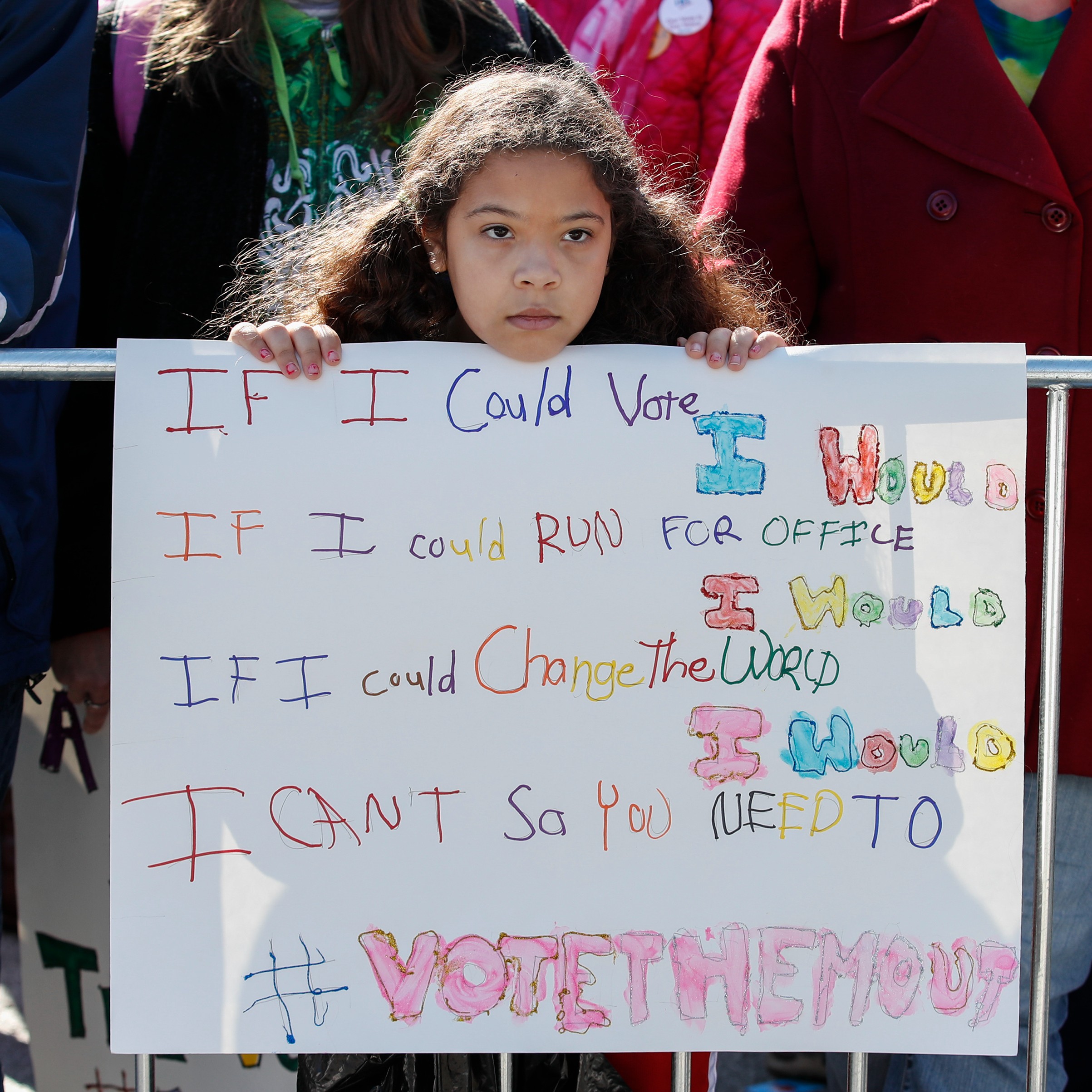 4 Ways Your Rights Are on the Ballot This Election
4 Ways Your Rights Are on the Ballot This ElectionAccording to Vice President Kamala Harris.
By Emily Tisch Sussman
-
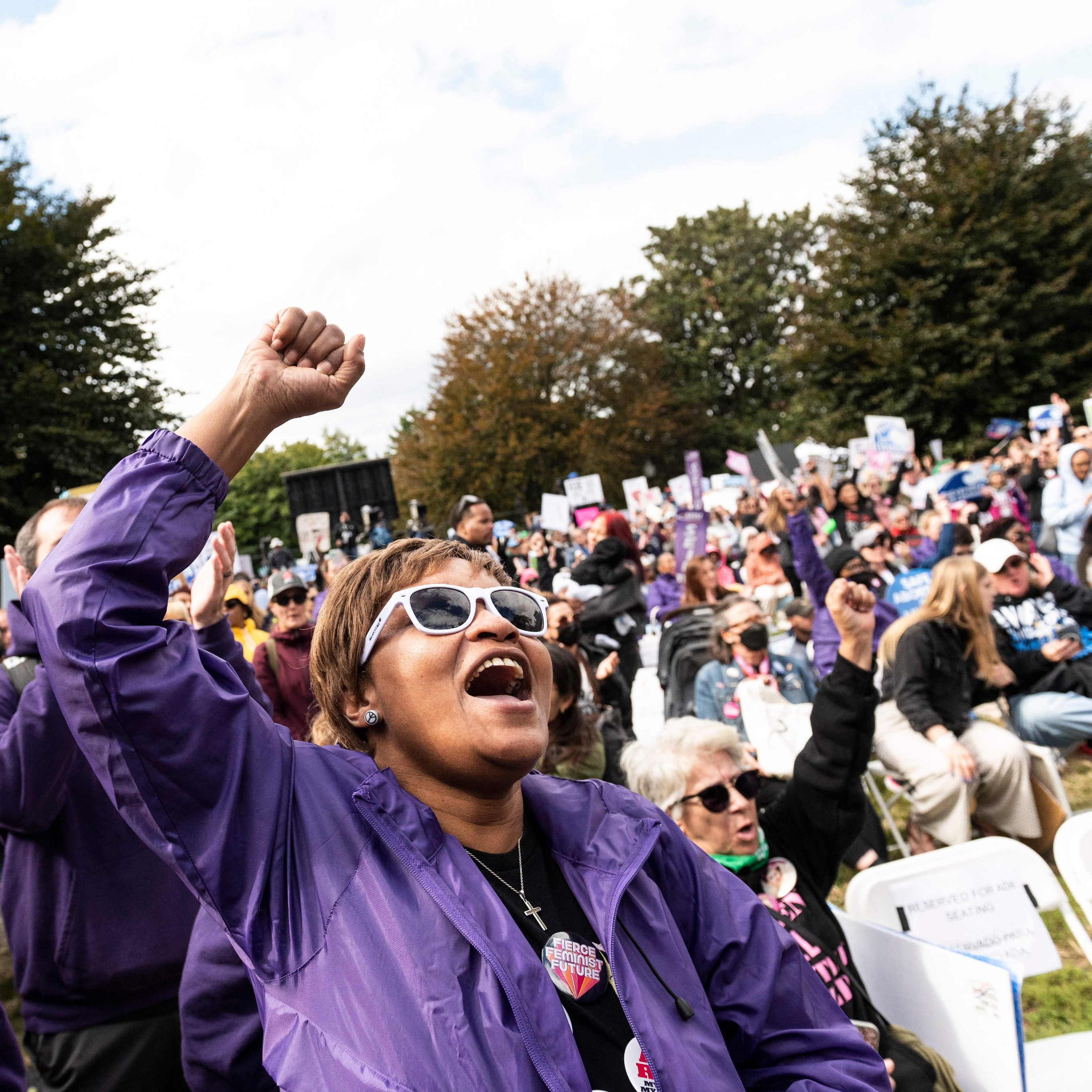 Moms Will Make the Difference in the Midterm Elections
Moms Will Make the Difference in the Midterm ElectionsA plethora of issues impacting women and children will be top of mind for moms as they head to the polls this November.
By Emily Tisch Sussman
-
 How New York's First Female Governor Plans to Fight for Women If Reelected
How New York's First Female Governor Plans to Fight for Women If ReelectedKathy Hochul twice came to power because men resigned amid sexual harassment scandals. Here, how she's leading differently.
By Emily Tisch Sussman
-
 Why the 2022 Midterm Elections Are So Critical
Why the 2022 Midterm Elections Are So CriticalAs we blaze through a highly charged midterm election season, Swing Left Executive Director Yasmin Radjy highlights rising stars who are fighting for women’s rights.
By Tanya Benedicto Klich
-
 Tammy Duckworth: 'I’m Mad as Hell' About the Lack of Federal Action on Gun Safety
Tammy Duckworth: 'I’m Mad as Hell' About the Lack of Federal Action on Gun SafetyThe Illinois Senator won't let the memory of the Highland Park shooting just fade away.
By Sen. Tammy Duckworth